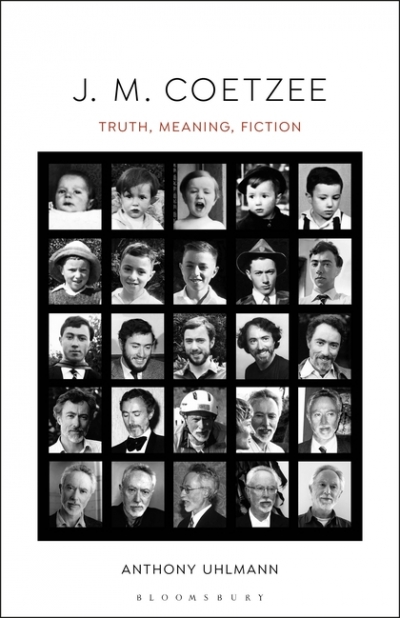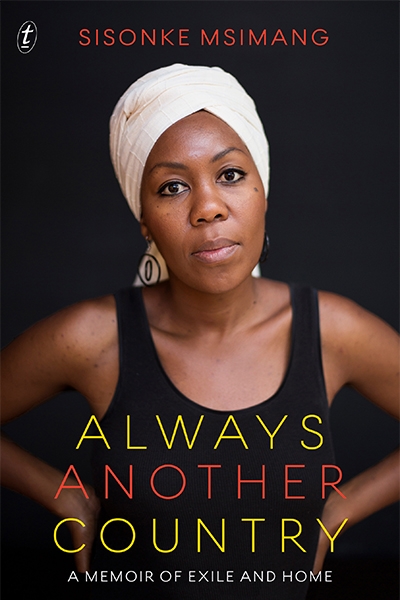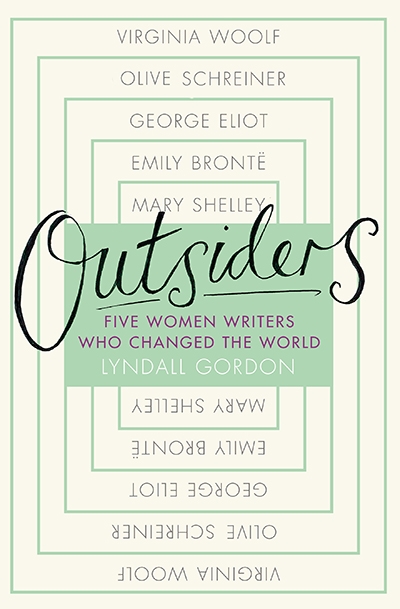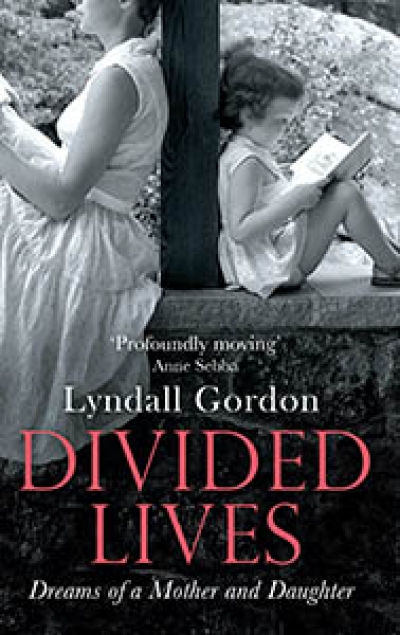Dorothy Driver
J.M. Coetzee by Anthony Uhlmann & A Book of Friends edited by Dorothy Driver
by Paul Giles •
Always Another Country: A Memoir of Exile and Home by Sisonke Msimang
by Dorothy Driver •
Outsiders: Five women writers who changed the world by Lyndall Gordon
by Dorothy Driver •




